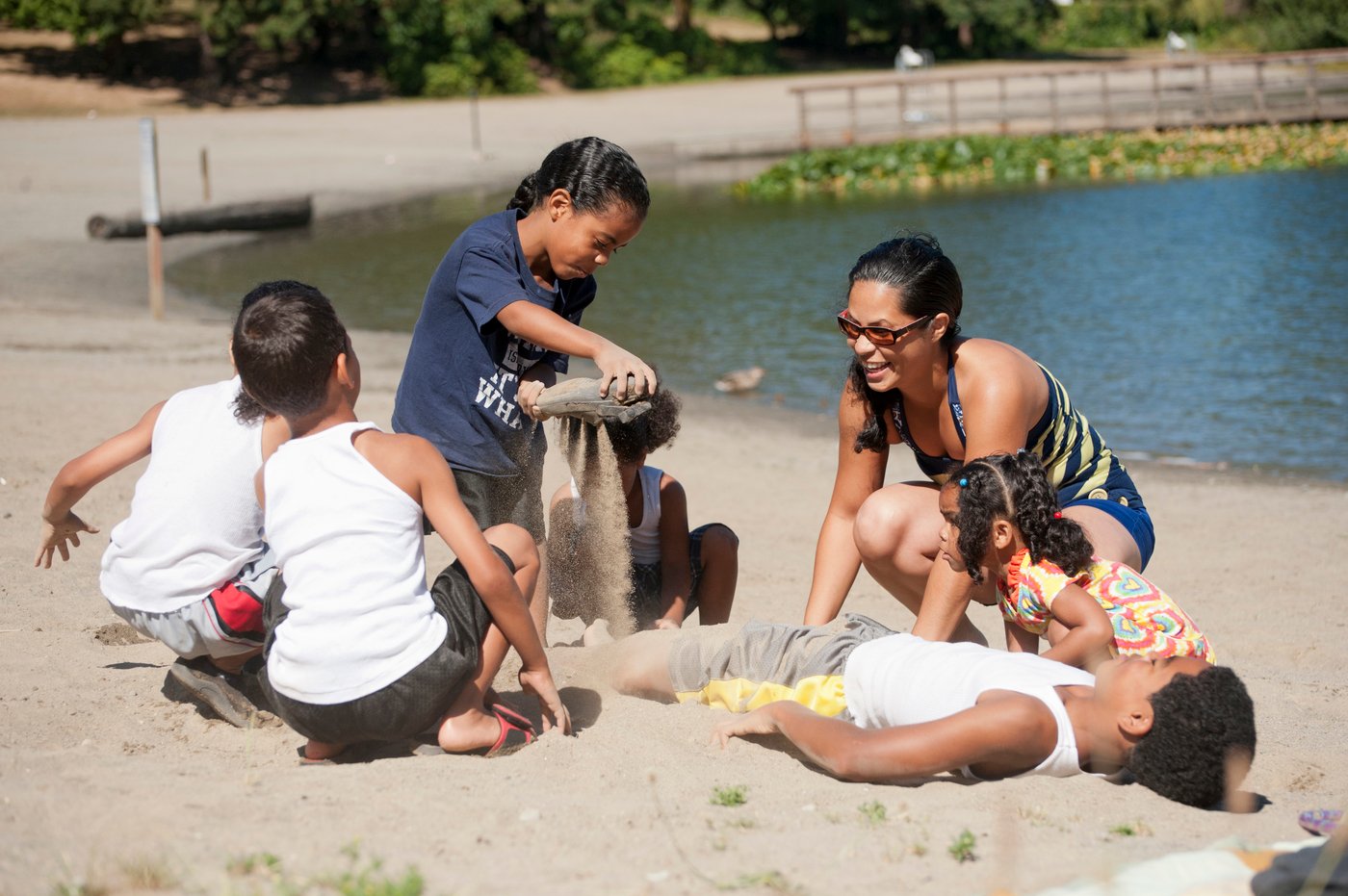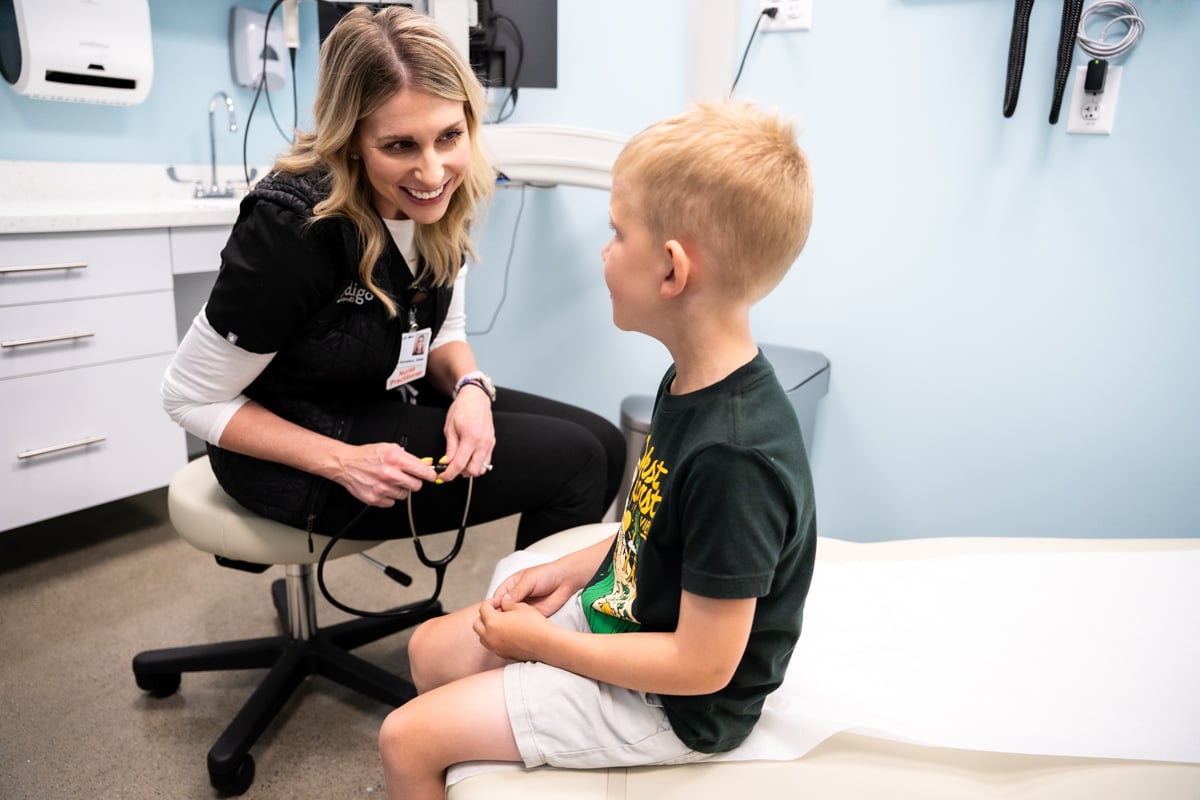What is health equity? And how is MultiCare Health System working toward it?
A helpful way to illustrate health equity is the following scenario:
Three people stand in front of a fence. The first person is tall enough to see over the fence, the second is just a little too short to see over and the third is even shorter and also unable to see over.
Equality in this situation would mean each person had the same step ladder to help them see over the fence. However, the first person is already tall enough, so a step ladder is unnecessary — and the step ladder isn’t tall enough for the shortest person to see over the fence.
Equity, on the other hand, would mean giving each person the appropriate step ladder, given their unique circumstances. The tall person receives no step ladder. The middle-height person receives a short step ladder. The shortest person receives a taller step ladder.
Likewise, “health equity” means everyone has access to quality health care and can live a healthy life, regardless of factors such as sexual orientation, gender identity, disability, religion, socioeconomic status and race.
And that’s exactly why MultiCare created its Center for Health Equity in 2016.
“The purpose is to make sure the cultural, linguistic, spiritual and social needs of our patients are met and respected,” says Jamilia Sherls, MSN, MPH, RN, director of the Center. “And to promote a diverse and inclusive culture at MultiCare, which is important for achieving health equity.”
An assessment conducted in 2015 revealed a need for MultiCare to provide cultural competency education for staff, increase access to language services, develop and sustain community partnerships and increase workforce diversity — and the Center was born soon after.
To address these needs, the Center for Health Equity is working on a number of initiatives:
1. Cultural competency education.
Every other year, all MultiCare employees are required to complete an online training focused on cultural competency — the ability for health care providers to effectively deliver health care that meets the social, cultural, spiritual and linguistic needs of a diverse population of patients.
The Center also offers in-person training to departments within MultiCare that can be tailored to meet their specific educational needs and address topics from the online training in more detail.
2. Improved access to interpreters.
This year, the Center plans to implement an interpreter program that certifies bilingual staff to become onsite interpreters and provides tools and techniques for them to provide culturally competent care.
3. Community partnerships.
MultiCare and the Center take pride in partnering with the community — MultiCare’s mission is to partner for healing and a healthy future. To help achieve this, the Center has implemented a “Faith in Wellness” program to help faith-based organizations promote health and wellness and reach underserved populations through education and health screenings.
The Center also conducts Community Health Needs Assessments every three years. These assessments identify health and social needs of residents in MultiCare hospital service areas, and in turn help MultiCare implement programs, policies and initiatives to address them.
4. Increasing staff diversity.
The Center is working with MultiCare’s human resources department to create a more diverse workforce. From ensuring that students of color are well represented among Nurse Camp participants, visiting schools to talk about nursing and health professions, and creating a cultural diversity council of MultiCare leaders and staff to address diversity and inclusion issues, the Center is working on a number of ways to make this happen.
5. Collecting additional sociodemographic data to improve quality and patient outcomes.
The Center is exploring ways to collect patient data related to sexual orientation, gender identity and preferred pronouns, and updating race, ethnicity and language categories in MultiCare’s electronic health record. Collecting this data helps to ensure quality patient care and leads to positive health outcomes.
What else is MultiCare doing?
This fall, MultiCare will participate in the Healthcare Equity Index (HEI), which ranks inpatient facilities on their ability to deliver culturally competent care to LGBTQ patients and community members.
MultiCare also recently signed the American Hospital Association's #123 for Equity Pledge to Act Campaign to commit to eliminating health disparities, increasing quality of care and advancing diversity and inclusion in health care.
Related content
Improving health care for the LGBTQ community
Understanding and supporting the LGBTQ community starts with language

